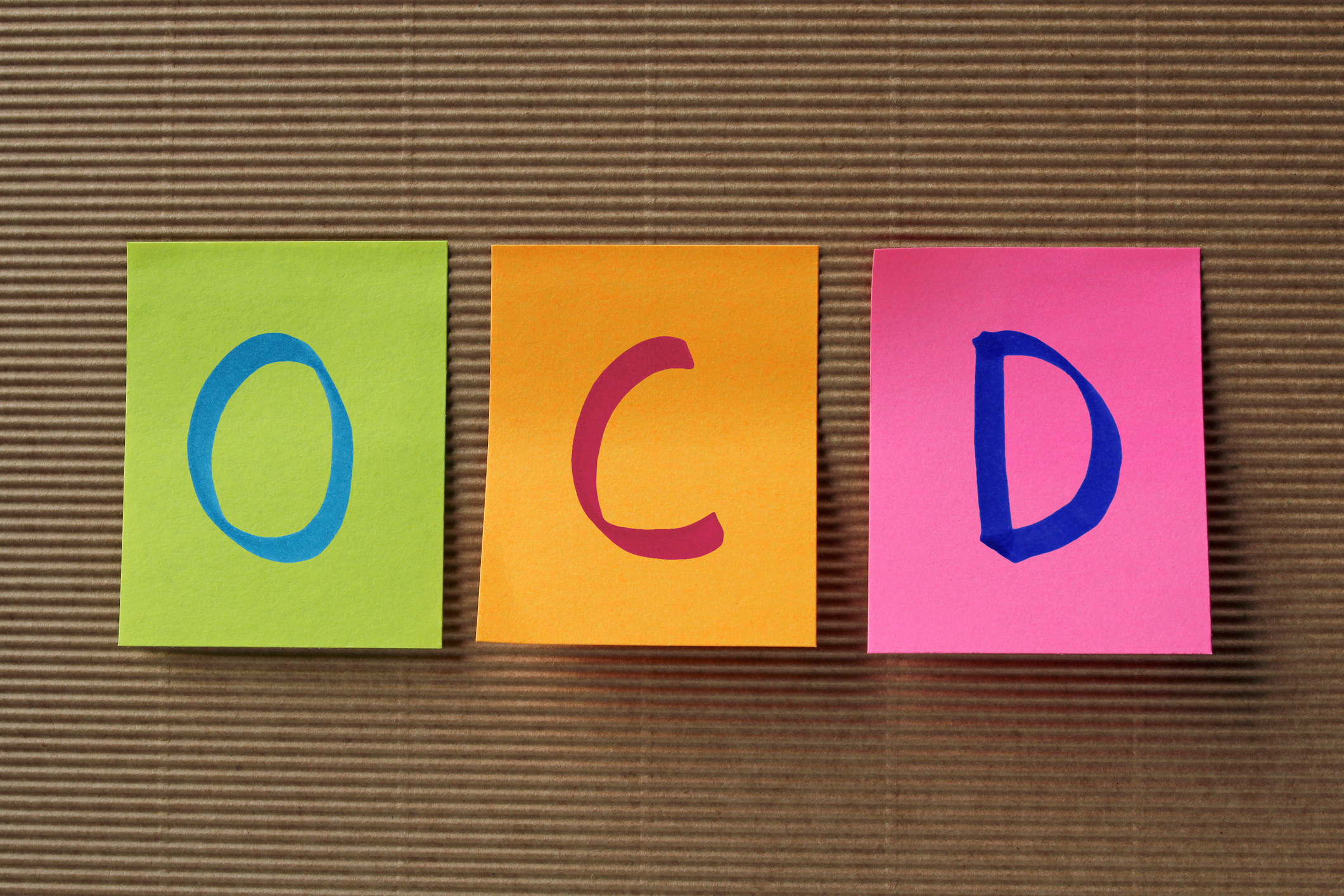
Tips to leverage neuroplasticity to maintain cognitive fitness as you age

Can white noise really help you sleep better?

Celiac disease: Exploring four myths

What is prostatitis and how is it treated?

What is Cushing syndrome?

Exercises to relieve joint pain

Think your child has ADHD? What your pediatrician can do

Foam roller: Could you benefit from this massage tool?

Stepping up activity if winter slowed you down

Common causes of cloudy urine
Mental Health Archive
Articles
What is “broken-heart syndrome?”
This reversible heart condition — which often mimics a heart attack — is being recognized with increasing frequency.
Image: © dolgachov/Getty Images
The term "broken heart" usually conjures up the sad ending of a love affair. In fact, the death of a spouse is a commonly cited trigger for broken-heart syndrome — a temporary weakening of the heart that causes symptoms similar to a heart attack. Also known as stress cardiomyopathy, the condition usually results from severe physical or emotional stress, though sometimes there is no identifiable trigger. Although rare, it's now being recognized much more often than in the past.
"Stress cardiomyopathy was not on anyone's radar screen 25 years ago," says Patrick O'Gara, a cardiologist at Harvard-affiliated Brigham and Women's Hospital. Japanese doctors who first described the condition in the early 1990s called it takotsubo cardiomyopathy. Why? During an episode, the heart takes on an unusual shape that resembles a tako-tsubo (octopus pot), a traditional clay vessel a fisherman uses to trap an octopus.
The drug-free approach to pain management
You have many alternatives for treating and controlling pain.
The opioid epidemic continues to rise in America, and a 2017 report from the National Initiative for the Care of the Elderly suggests the crisis now affects more older adults.
A main reason for the growing addiction to pain medicine is the ease with which it is often prescribed, according to Dr. Robert Jamison, a professor of anesthesia and psychiatry with Harvard-affiliated Brigham and Women's Hospital.
Larger waist size in older adults linked with lower cognitive function
In the journals
Previous research has linked excess body fat with a higher risk of cognitive decline. In the past, most studies have gauged body fat based on body mass index (BMI). However, waist size may be a better way to predict possible cognitive impairment among older adults, according to a study in the Sept. 14, 2018, issue of the British Journal of Nutrition.
Researchers examined health data on 5,186 people ages 60 and older. They found that a larger waist size was associated with reduced performance in such mental abilities as attention and visuospatial skills (the ability to perceive the differences and similarities between objects). The study participants also scored lower on memory tests.
From street drug to depression therapy
Ketamine offers a new option for people with stubborn depression that doesn't respond to other medications.
Image: © AleksandarNakic/Getty Images
Many people know of ketamine as a hallucinogenic and addictive street drug, which, when abused, can put people in medical peril. But today, doctors are increasingly looking to ketamine as a potentially lifesaving treatment for people with severe, treatment-resistant depression, who may be at high risk for suicide.
"Ketamine has been shown to be effective in people who have not responded to antidepressant treatment," says Dr. Cristina Cusin, an assistant professor of psychiatry at Harvard Medical School. The fast-acting treatment has shown promise — sometimes improving depressive symptoms within hours of the first intravenous treatment.
Are eating disorders just a teen problem?
Ask the doctors
Q. My sister, who is in her 50s, has always been very weight-conscious, but she recently went through a divorce and now seems unnaturally fixated on her weight and dieting. She's lost a substantial amount of weight. I've always thought of eating disorders as something that affects teenagers, but is it possible that she has one?
A. It is possible that your sister is suffering from an eating disorder, because they can affect people of any age, including older women, according to the American Psychiatric Association. They may be prompted by stress or a life change, such as a divorce. Signs that may indicate that a person has an eating disorder are
Does a virus cause Alzheimer’s?
Ask the doctor
Image: © Dr_Microbe/Getty Images
Q. I know that some viruses live permanently inside us, but only make trouble now and then. I even heard recently that they might be a cause of Alzheimer's disease. Why do they sometimes cause disease, and can we keep that from happening?
A. We live all of our lives with various microorganisms on us and inside us. One example is the herpes family of viruses. Out of more than a hundred herpesviruses, there are nine that infect humans. Once we get infected with these viruses — usually early in life — they remain with us, "asleep" inside some of our cells. But periodically, they "wake up" (reactivate), start producing multiple copies of themselves, and infect other cells. That's what's happening when a cold sore suddenly forms on your lip.
Antidepressants tied to weight gain
News briefs
Image: © adamkaz/Getty Images
We're learning more about the link between weight gain and several major classes of antidepressants, such as selective serotonin reuptake inhibitors (SSRIs), like sertraline (Zoloft), and tricyclic antidepressants, such as amitriptyline (Elavil). Research has shown that putting on pounds is a possible short-term side effect of the medications. But a study published May 23, 2018, in The BMJ suggests that antidepressants are also associated with sustained weight gain. Researchers analyzed the health information of more than 300,000 people in the United Kingdom (average age 51) who'd had their weight and body mass index measured at doctor appointments between 2004 and 2014. About 18% had been prescribed antidepressants. During the study period, people who took antidepressants had a 21% higher risk for a 5% or greater weight gain, compared with people who didn't take antidepressants. The risk peaked in the second and third years. There was no evidence of weight gain after seven years. The study was observational and didn't prove that antidepressants cause weight gain. But researchers hope the findings will encourage people to talk to their doctors about weight gain as a possible side effect of antidepressants, and plan for potential and even delayed weight gain if they're using the medications.

Tips to leverage neuroplasticity to maintain cognitive fitness as you age

Can white noise really help you sleep better?

Celiac disease: Exploring four myths

What is prostatitis and how is it treated?

What is Cushing syndrome?

Exercises to relieve joint pain

Think your child has ADHD? What your pediatrician can do

Foam roller: Could you benefit from this massage tool?

Stepping up activity if winter slowed you down

Common causes of cloudy urine
Free Healthbeat Signup
Get the latest in health news delivered to your inbox!
Sign Up











